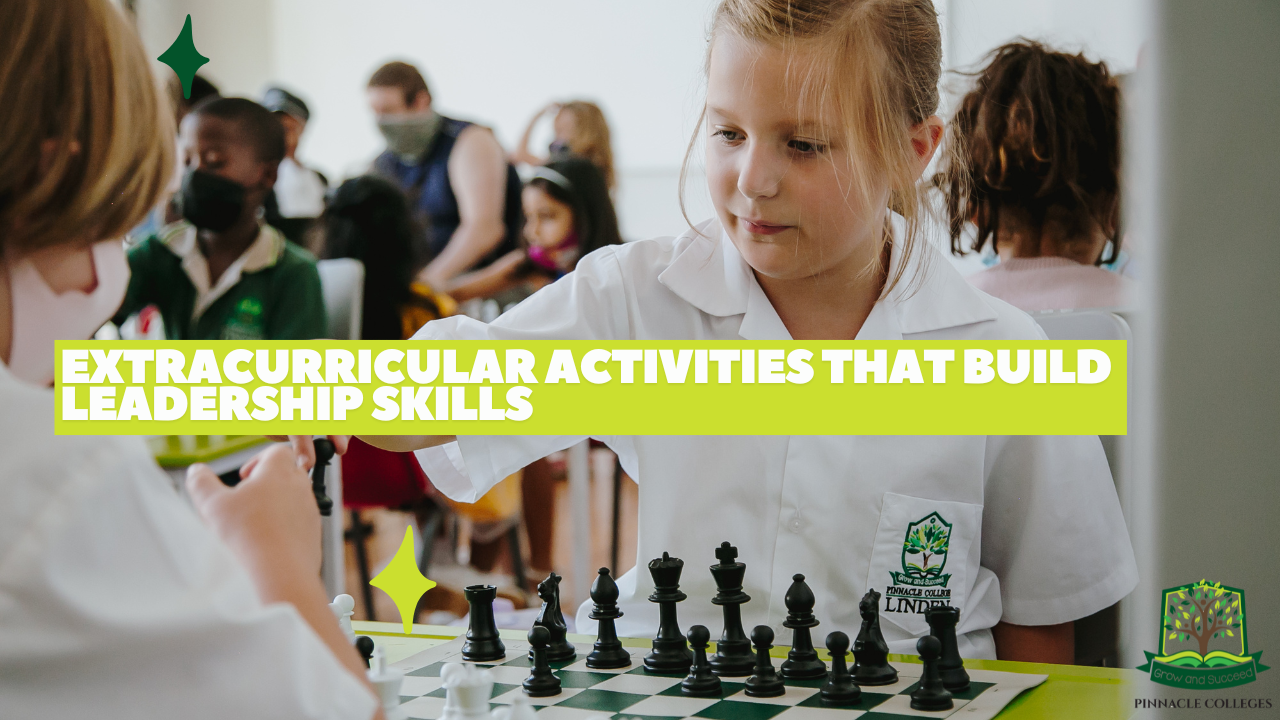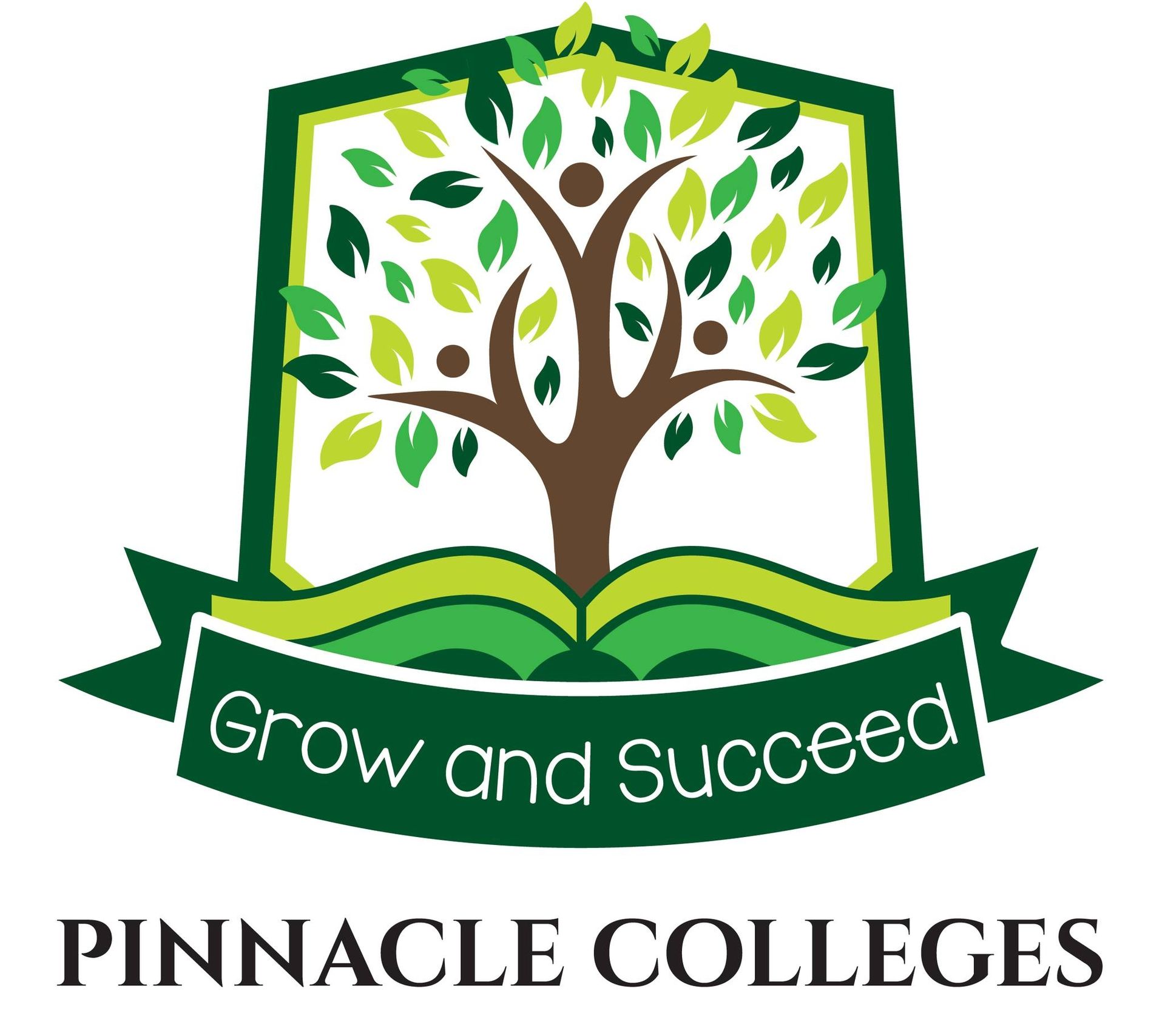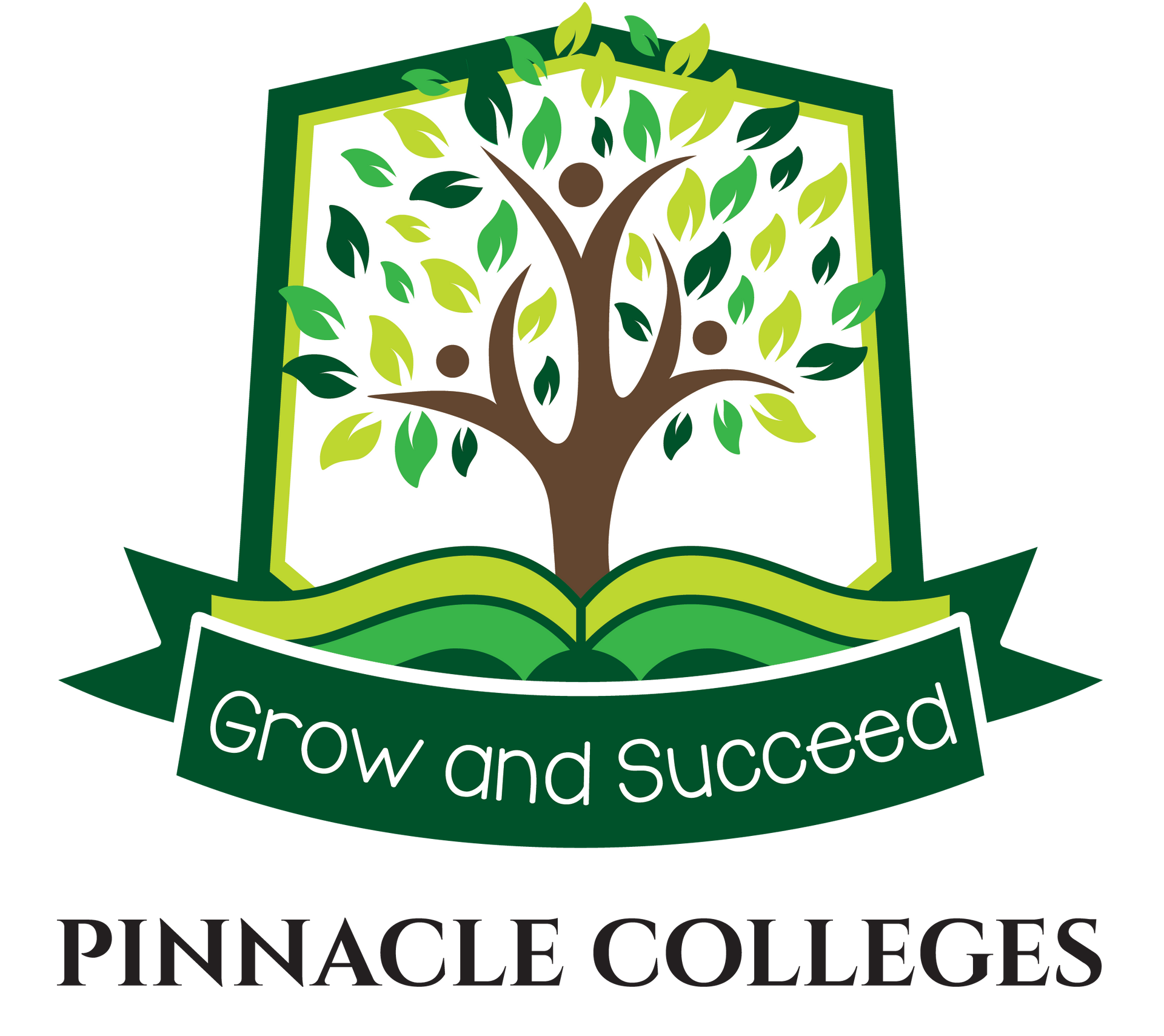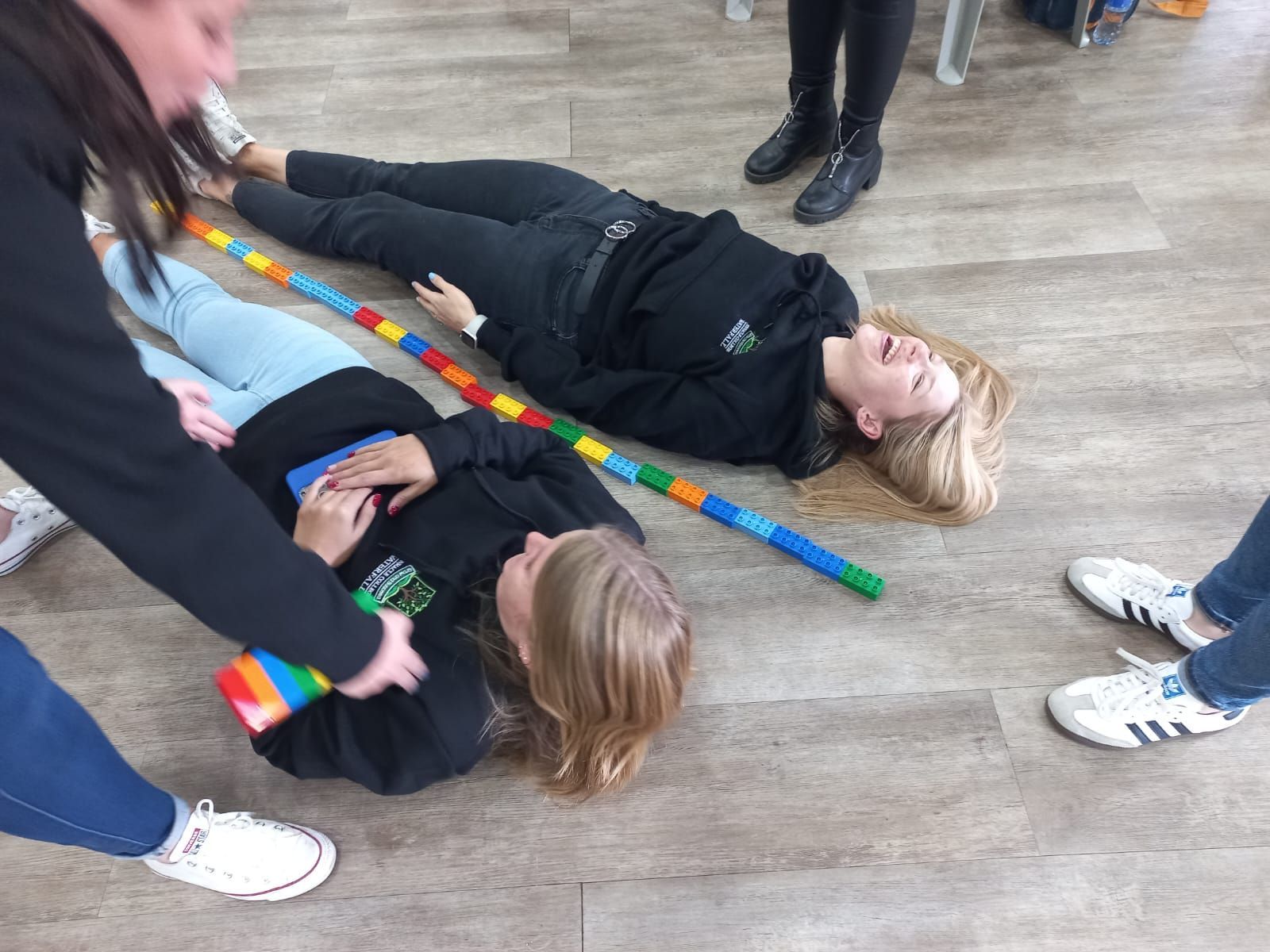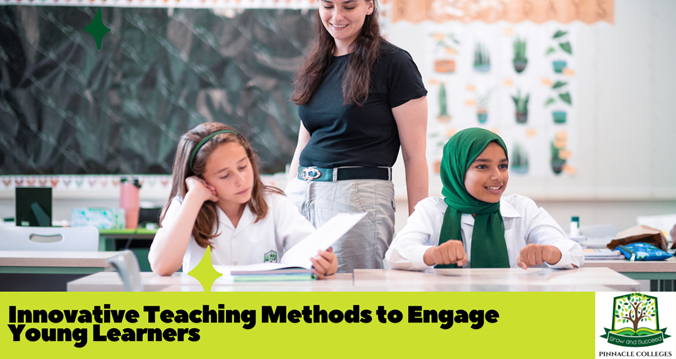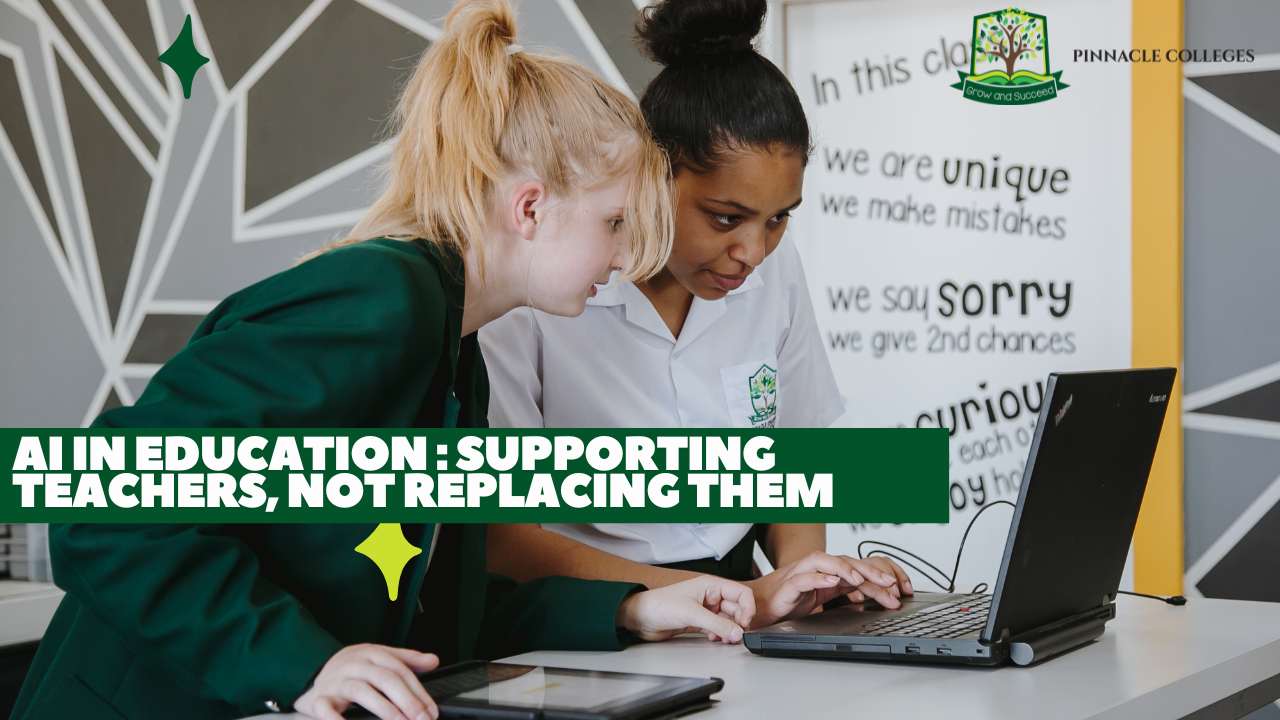COPYCAT, PROMETHEAN OR COOKIE CUTTER: THE DEFINITIVE GUIDE TO CHOOSING THE RIGHT SCHOOL IN THE MID-FEE SECTOR
Choosing a private school is a complex process and the wide range of available options does not make it any easier. Over the past decade, private schooling in South Africa has changed significantly and there are now private schools available across the economic spectrum.
With diminishing confidence in the public sector and the growing demand for high quality education, the provision of private education opportunities to the so-called middle-income sector has increased dramatically.
Choosing the right school for one’s child is a critical decision, and parents need to look beyond the marketing and sloganeering to identify a school that will help their child meet their aspirations, an education expert says.
Dr Felicity Coughlan, Group Academic Director at ADvTECH, SA’s leading private education provider, explains that there are three points on the continuum of private school options: Standalone schools (which are not part of a group or set up to be the start of a promised network or group) which are either modelled on the staid, top-end traditional models or who claim a position converse to those traditions (even if not well articulated beyond being contrary).
Others are part of a mass roll-out of a model designed for scale and ease of replication (cookie cutter) rather than steeped in any solid educational belief or principle.
The third point on the continuum is held by schools that are networked or grouped, but have a clearly articulated educational position supported by a framework for educational and financial sustainability without limiting the promethean opportunities any school should embrace to fully meet the unique needs of the community in which it is located.
Dr Coughlan says that while weighing up the myriad of private school offerings is a complicated calculation, there are 10 factors parents must take into consideration, which will help guide their thought process. These include:
1. LOCATION
Many schools are in the communities they serve, offering meaningful alternatives for parents and students. Given traffic and other considerations, location is important and so is the availability of reliable and safe transport. On the other hand, location within a lifestyle environment may limit the children’s access to a diverse student community or to specialist facilities, teachers or sports of interest, or result in management arrogance at perceived lack of competition. There are always trade- offs and local is often more pragmatic, but the trade-off decisions must be carefully considered.
2. HISTORY & REPUTATION
We send our children to school to set them up for later success so any school that cannot deliver well on the school-leaving examinations is a risk to these aspirations. New schools do not have a track record and parents must thus look for other indicators of what that performance is likely to be. If this is a standalone school, you will need to rely on the comfort gained from the way that the school speaks about its plans for its first Grade 12 class. A networked or group school can share the performance of its other schools and should be able to articulate how these will be replicated. In the lower grades and in primary schools, the school should still be able to talk competently about the transition to high school and how it is managed and why it is managed in that way.
3. TEACHERS
A strong cohort of teachers will combine new teachers with their energy and innovative ideas and recent training with a group of seasoned teachers with an established track record. A school that does not require all their staff to be registered with SACE and cleared by the police for child safety may not have thought through all the risks they are taking on. A school that employs only new teachers may be more focused on costs than on achieving the outcomes you want for your child. A transformed teaching staff is imperative – without it not all children are able to access role models that are like them and the gap between the school and the world out there is reinforced rather than closed.
4. REGISTRATION
A school must be registered and accredited. Cottage “schools” are neither. If you are considering a “school” that is not registered or accredited, you will need assurance on how quality is managed, children are protected and acceptable national school leaving examinations are accessed. It is critical to assess the legitimacy and standing of the assessment provider so that there are no nasty surprises when children try to access post-school study.
5. LEADERSHIP
Schools succeed or fail based on their leadership teams. If you cannot access these people when considering a school, or if they are not able to answer your questions on matters such as culture and inclusion, then it is most unlikely they will be accessible and engaging after you register your child. If the leadership is not available to you as a prospective fee payer, they are also not likely to be accessible to you as a parent or the teaching team as staff. Try to understand what the school leadership believes about growth and discipline and community, and you will quickly identify if there is a synergy with your values.
6. TECHNOLOGY
Modern campus-based education is technology enabled but not technology led. A few direct questions will enable you to assess if technology is adding to the teacher led learning or if it is a means of keeping costs (for the school) down.
7. CULTURE
The match between the culture of the school and that of the family must be looked at. Schools that are diverse and inclusive generate skills in their students to live in an integrated world. Even if a school aligns itself with a particular religion, its approach to other faiths is a means of communicating how inclusive and respectful the school is. Schools are more conservative than their public projections so if you choose a school that has already chosen a single world view you should not be surprised when that permeates most of what they do. Ask questions such as about non-traditional family structures or religious education beyond the chosen religion. The capacity to answer these questions with ease and concrete examples that are not patronising or paternalistic or filled with euphemisms is a measure of the ethos of inclusion and diversity.
8. FACILITIES
A quick tour of the school will show you where they spend their money. What the school chooses to show you first or most tells you what they value. The way in which the school has thought through the needs of parents in matters such as parking, logistics, aftercare arrangements, and communication channels indicate how family-centred the school is.
9. FEES
Many schools advertise fees as fully inclusive but not all keep to that and many charge levies for all sorts of standard operational needs. Check the detail.
10. AGENCY
In some networked or group schools, teachers are given lesson plans and standard assessments to “protect” quality and ensure uniformity and standardisation. The teacher as an autonomous professional is invisible. In others, teachers are given professional development and guidelines, and common tools and assessments are benchmarked, but each teacher is required to exercise professional agency and judgement to respond to the needs of the children in their class on a particular day.
In some schools the teacher rules and is not subject to any evaluation or monitoring. In standalone schools one could find any of the three. If one employs professionals, they should surely be entrusted with professional practice while there are mechanisms of accountability that ensure that what children get is the best. Just asking why things are done the way they are would be instructive in learning whether the school sees its teachers as trustworthy professionals and has systems to monitor performance and promote growth, or whether the school does not trust its teachers or abdicates to them.
“Ultimately, when making a decision about which mid-fee private school is right for your child, parents are unlikely to find a school that measures up to all their expectations, given the fact that any school is a complex organization.
However using the above ten elements as a guide for decision-making, parents will at least be able to reach a meeting of the minds that will allow them to make the investment with some sense of comfort and excitement for their child’s educational journey,” Dr Coughlan says.
